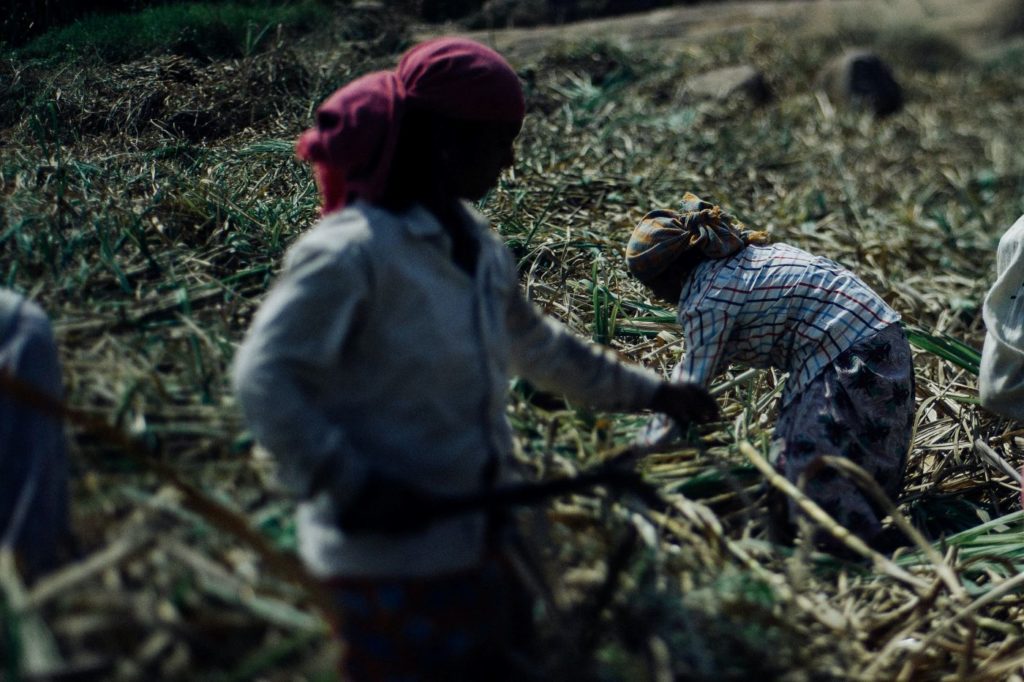
COVID-19 vaccine hesitancy has threatened the ability of many countries worldwide to contain the pandemic. Given the severe impact of the pandemic in South Africa and disruptions to the roll-out of the vaccine in early 2021, slower-than-expected uptake is a pressing public health challenge in the country. We examined longitudinal changes in COVID-19 vaccination intent among South African adults, as well as determinants of intent to receive a vaccine.

Since 2004 the South African government has rolled out free antiretroviral therapy (ART) at public health care facilities nationwide. No prior studies have estimated the impact of the ART rollout on health and survival using a longitudinal household survey with national coverage.

The impact that the COVID-19 pandemic has had, and will continue to have, on food security and child health is especially concerning. A rapid, Short Message Service (SMS) Maternal and Child Health survey was conducted in South Africa in June 2020 (n = 3140), with a follow-up in July 2020 (n = 2287).

We use Benford’s Law to investigate inaccurate financial reports of a representative sample of Ugandan nongovernmental organizations (NGOs). We find that 25% of the sample provided information that did not conform to the Benford distribution, suggesting potential misreporting.
Using three different studies on early grade reading from no-fee schools across in South Africa, this paper establishes short-term learning losses in reading for grade 2 and 4 students from under-resourced school contexts. We find that in 2020 grade 2 students lost between 57 % and 70 % of a year of learning relative to their pre-pandemic peers.





